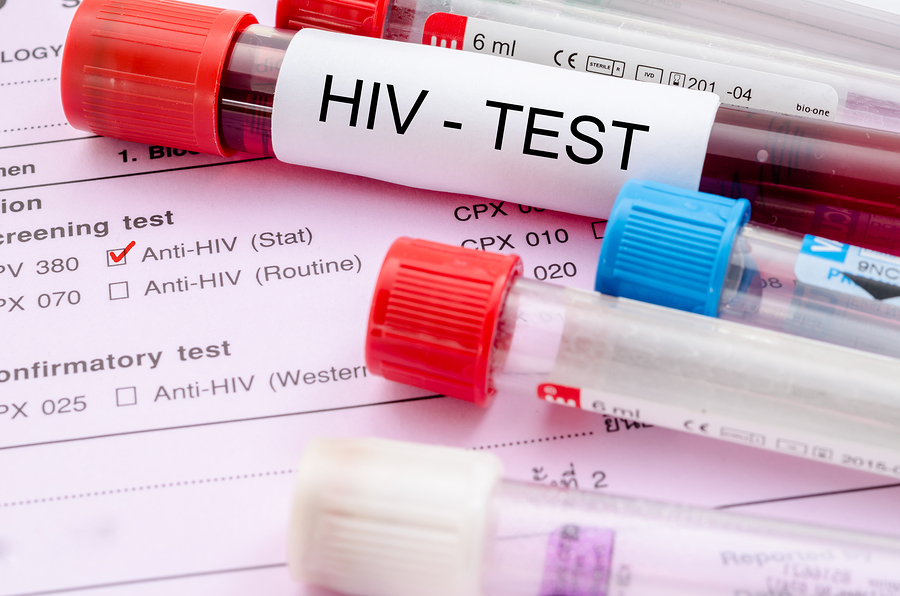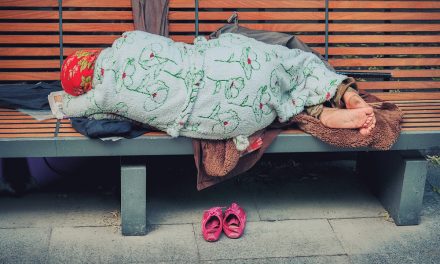HIV-Prevention Drug Has First Failure
The Maple Leaf Medical Clinic in Toronto is reporting its first infection in a man currently taking the HIV-prevention drug, Truvada. The 43-year-old man, who has been taking his meds correctly, had sex with other men and was then infected after having taken Truvada for 24 months. Sadly, the strain he contracted is resistant to Truvada (the virus is believed to be drug-resistant not something that evolved).
When taken four times a week, Truvada is supposed to reduce HIV transmission rates (current research says it reduces rates by 99%). While some feel that this news is a surprise, others do not. “It is an example that demonstrates that PrEP [Pre-Exposure Prophylaxis, the use of drugs to prevent infection] can sometimes be ineffective in the face of drug resistant virus, in the same way that treatment itself can sometimes be ineffective in the face of drug resistant virus”, reports The Verge.
From the Care2 article:
“The fact that PrEP could fail isn’t news. Studies suggest that if users do not stick to the daily regime, the drug’s effectiveness can be reduced. Furthermore, we already know that Truvada is only effective against the most common strains of HIV. While daily PrEP is capable of providing significant HIV protection for most people, clinicians maintain that the prevention method isn’t foolproof. PrEP cannot protect people from other sexually transmitted infections, and condom use remains important, particularly for sexual relationships that involve multiple partners. Thousands of other PrEP users are receiving adequate protection, so this isolated incident must be put in perspective. As health agencies have noted, since the rollout of Truvada, this is the first incident of drug resistance-failure out of the tens of thousands of people who are using PrEP to manage their sexual health. PrEP is, on the whole, working.”
Doctors and researchers are encouraging calm- not fear. We must continue to educate at risk populations and remind them that Truvada isn’t magic; it’s part of a system of protection that also includes condoms and regular health screenings.
Stay safe everyone.












